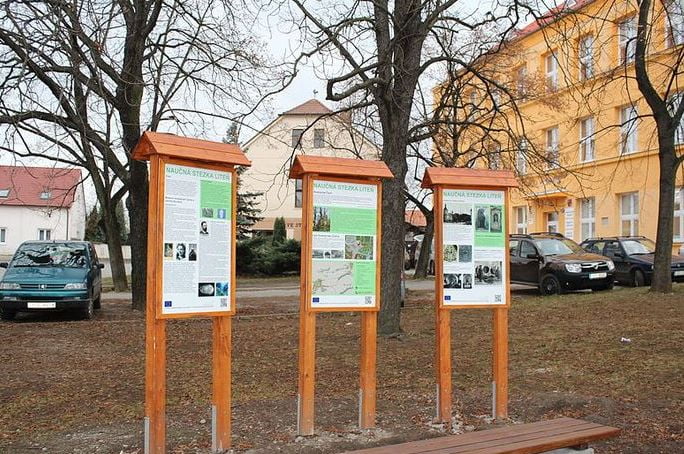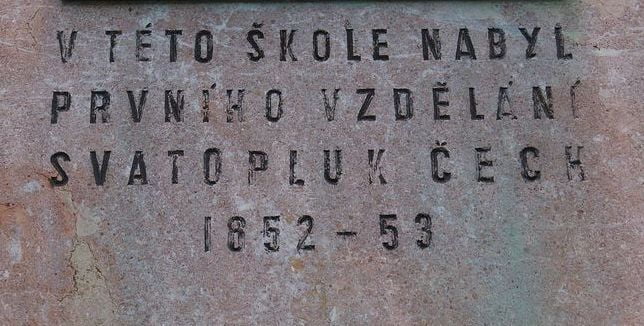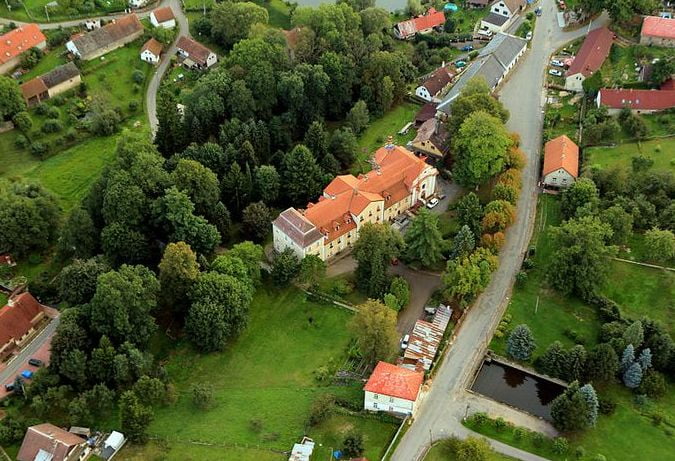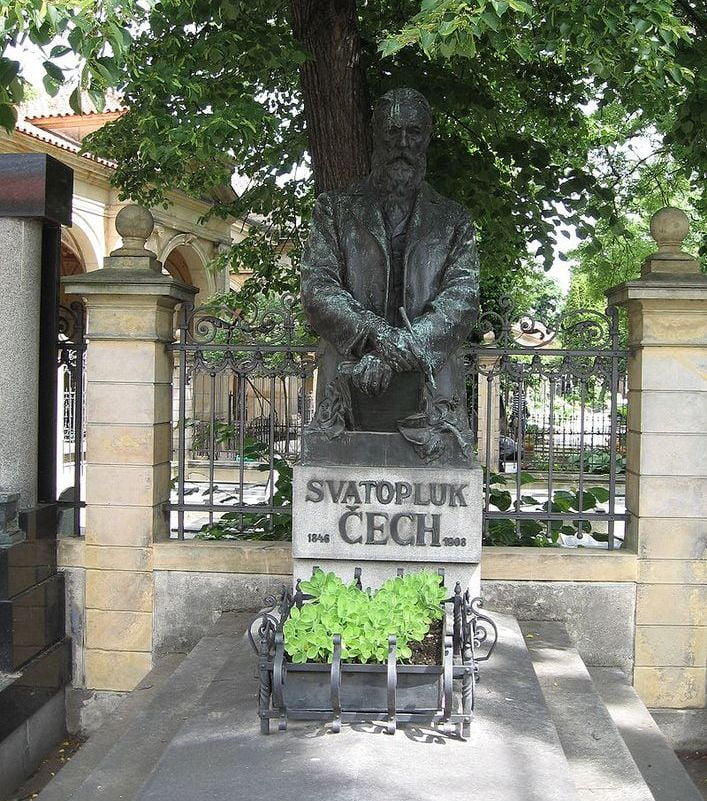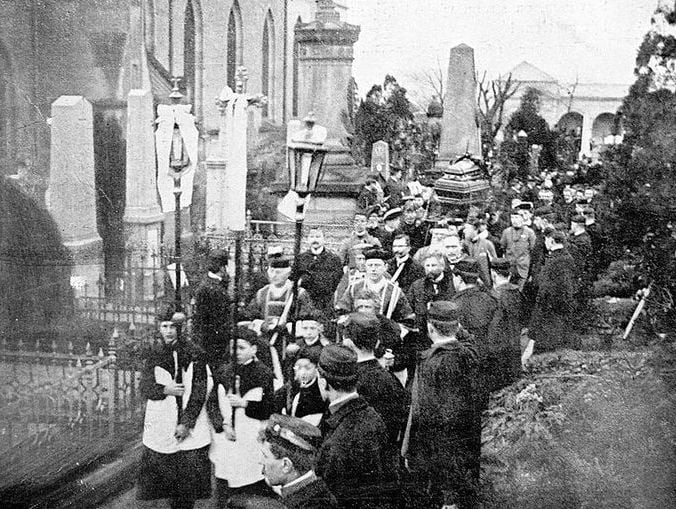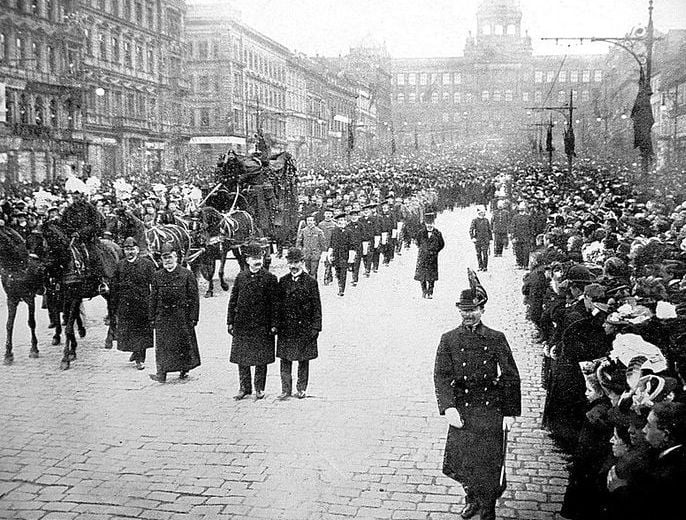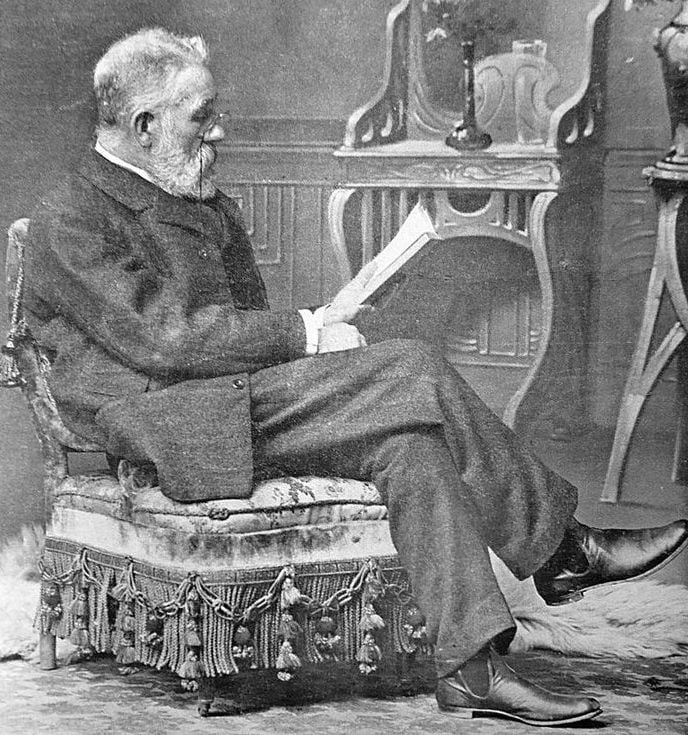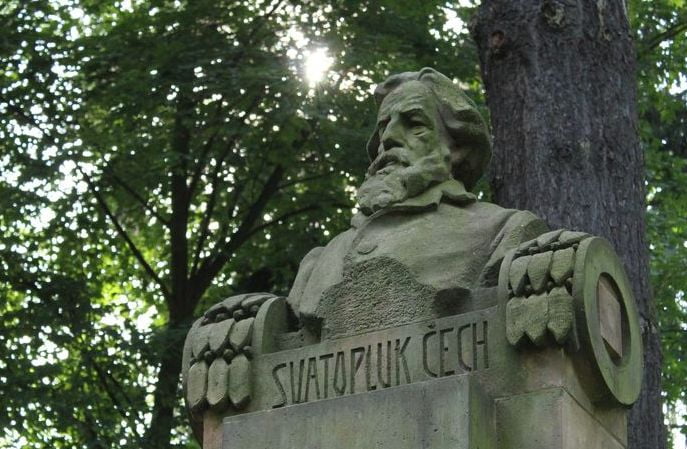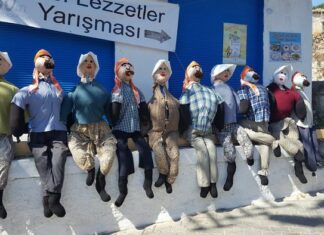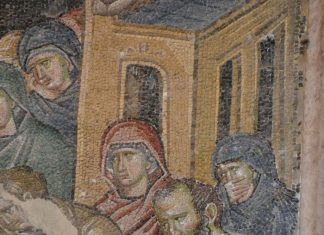Foltyn’s Drum – Svatopluk Cech (1846—1908)
Cech was educated at various schools in different parts of his native country. After graduating from a gymnasium in Prague he studied law for a little, but eventually turned to journalism, and was editor successively of several of the leading Czech literary journals. He was immensely prolific. Several epic poems, many volumes of verse, novels, essays, and a dozen books of short stories are among his literary achievements.
Foilin’s Drum, translated by Sarka B. Hrbkova, is reprinted by permission of the translator and publisher, from Hrbkova’s Czechoslovak Stories. Copyright, 1920, by Duffield & Co., New York.
Foltyn’s Drum
Foltyn’s Drum – Old Foltyn hung on his shoulder his huge drum, venerable relic of glorious patriarchal ages, and went out in front of the castle. It seemed as if indulgent time had spared the drummer for the sake of the drum. The tall, bony figure of Foltyn—standing in erect perpendicularity in soldier fashion, wrapped in a sort of uhlan cape, with a face folded in numberless furrows, in which, however, traces of fresh color and bright blue eyes preserved a youthful appearance, with a bristly gray beard and gray stubble on his double chin, a broad scar on his forehead, and a dignified uniformity in every motion—was the living remnant of the former splendor of the nobility.
Old Foltyn was the gate-keeper at the castle, an honor which was an inheritance in the Foltyn family. As in the Middle Ages, vassal families devoted themselves exclusively to the service of their ruler, so the Foltyn family for many generations had limited its ambitions to the rank of gate-keepers, stewards, granary-masters, herdsmen and game- wardens in the service of the noble proprietors of the castle. Indeed one member of the family had become a footman for one of the former masters and thereby the boast and proud memory of his numerous kinsmen.
